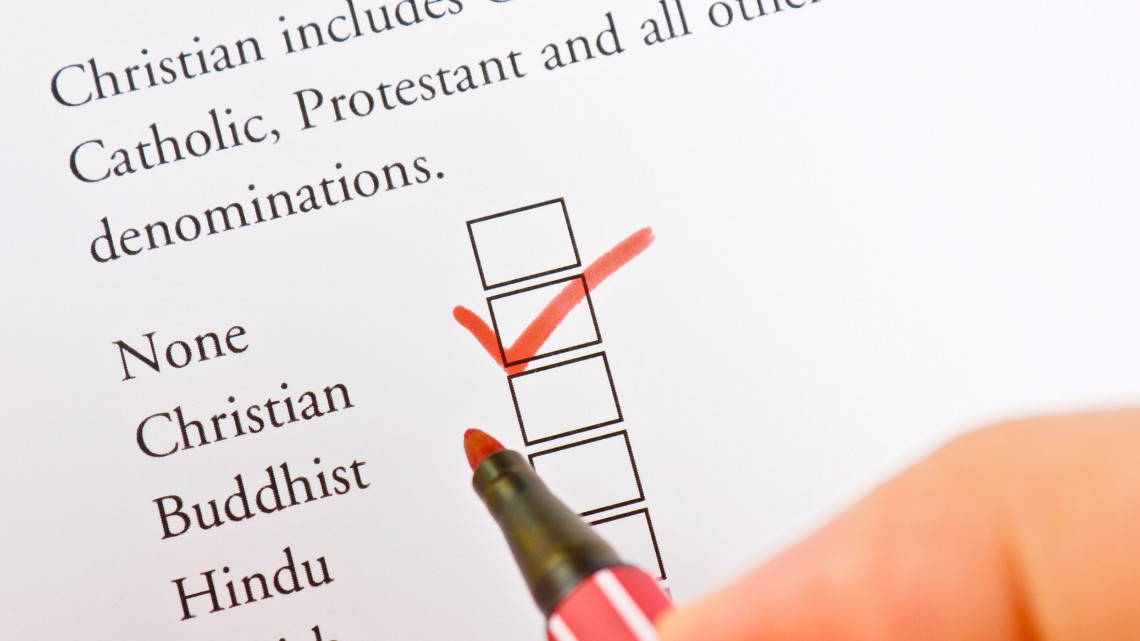
In Groff v. DeJoy, 600 U.S. 447 (2023), the U.S. Supreme Court raised the bar on denying religious accommodations from showing an “undue hardship” in making the accommodation to incur “substantial increased costs” compared to the normal costs of business. Previously, an employer could show that de minimis increase of costs would be an undue hardship.
In a 9-0 decision, the Supreme Court made the undue hardship similar to that found under the Americans with Disabilities Act (ADA), so the burden is greater on employers to show hardship. For example, a hardship to the employer would not be considered if an employee requested a weekend day off for Sabath if the employer had to modify employee schedules.
But the religious objection can be for more than a simple day off. It could be for vaccines or in the case before the EEOC, taking DEI training if the training discusses LGBTQ rights, or the requirement of using pronouns. On March 7th, the EEOC issued an administrative decision concerning an employee who did not want to take diversity training as they claimed it would violate their religious beliefs. The employee requested an exemption, which was denied, and appealed to the EEOC for review, which is the process for federal employees.
The employee showed that they had a sincerely held religious belief. They were Roman Catholic and claimed that the training contradicted sincerely held religious beliefs. The employee wanted to skip that part of the training and the agency informed the employee that if they did so, they could be disciplined.
The training was compliance training on EEO laws. The employee was notified of the content ahead of time, and there was no bait and switch. The content concerning LGBTQ was a very minor aspect of the training, which the employee admitted. Further, the training at issue did not require the employee to “affirmatively profess support for values that are contrary to his religious beliefs.” The training was simply designed to promote compliance with EEO laws and workplace conduct rules.
The EEOC ruled against the employee. However, the EEOC also stated that a “substantial cost” does not just indicate monetary concerns but is broader. Per the EEOC, undue hardship can be established when a proposed accommodation is unduly burdensome in the “overall context of an employer’s business.” The EEOC wrote that “[a]n accommodation may impose an undue hardship on the conduct of an employer’s business if it interferes with the employer’s efforts to meet its other legal obligations under Title VII or other equal employment opportunity laws.”
Further, the EEOC decision infers that employers need to consider the interactive discussion for an accommodation and also compare accommodations across lines of religion and ADA. Therefore, the employer should not immediately reject the request by the employee but have the discussion and make a determination based on past practices if any using the “substantial cost” approach. The “substantial cost” must be documented and not just stated without any support.
Religious objections can rise to a significant issue for employers, from pronoun to bathroom use to working or dining with others that may violate a sincerely held religious belief. At the same time a sincerely held religious belief to the EEOC cannot be the basis of exemption of harassment or discrimination against employees. As this training was for compliance purposes, there was no harm or foul. However, it may be more difficult if the case concerned true DEI training. The EEOC may rule differently depending on the content of the training and accommodation requested.
According to Jonathan Segal, a partner at Duane Morris LLP and managing principal of the firm’s human resources training division, the analysis would also affect employees of private employers. “The analysis the EEOC employed with regard to this federal sector employee is virtually identical to the position the EEOC would take in a case involving a private sector employer, and a court likely would apply to a private sector employee,” Segal said. “So, I think it’s a great object lesson for employers.”
By Anthony Kaylin, courtesy of SBAM-approved partner, ASE. Source: Law360 4/4/24, Barrett v. Vilsack, Appeal No. 2019005478, Agency No. NRCS-2019-00071 (3/7/24)
Click here for more News & Resources.